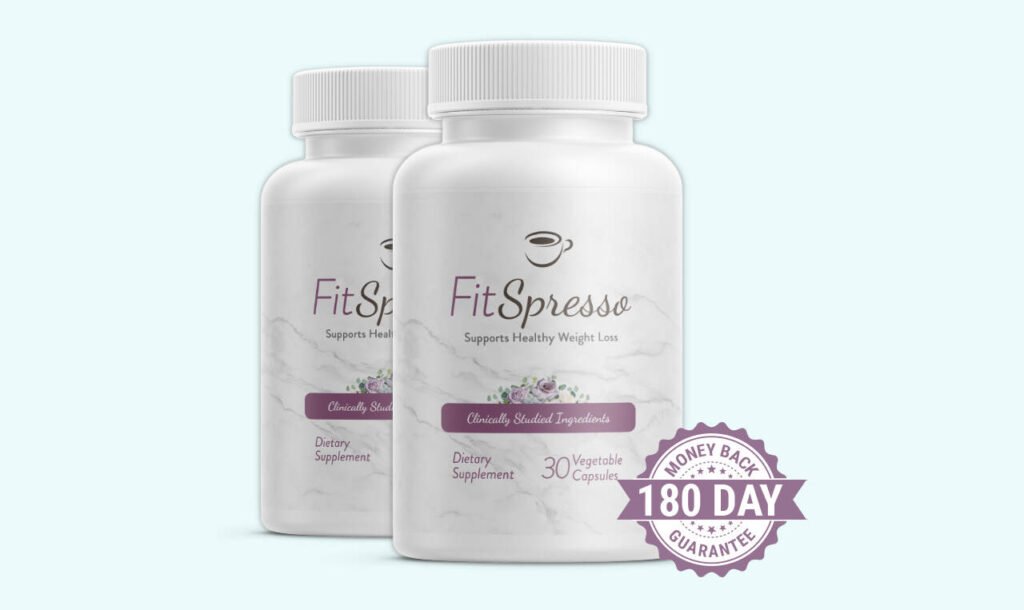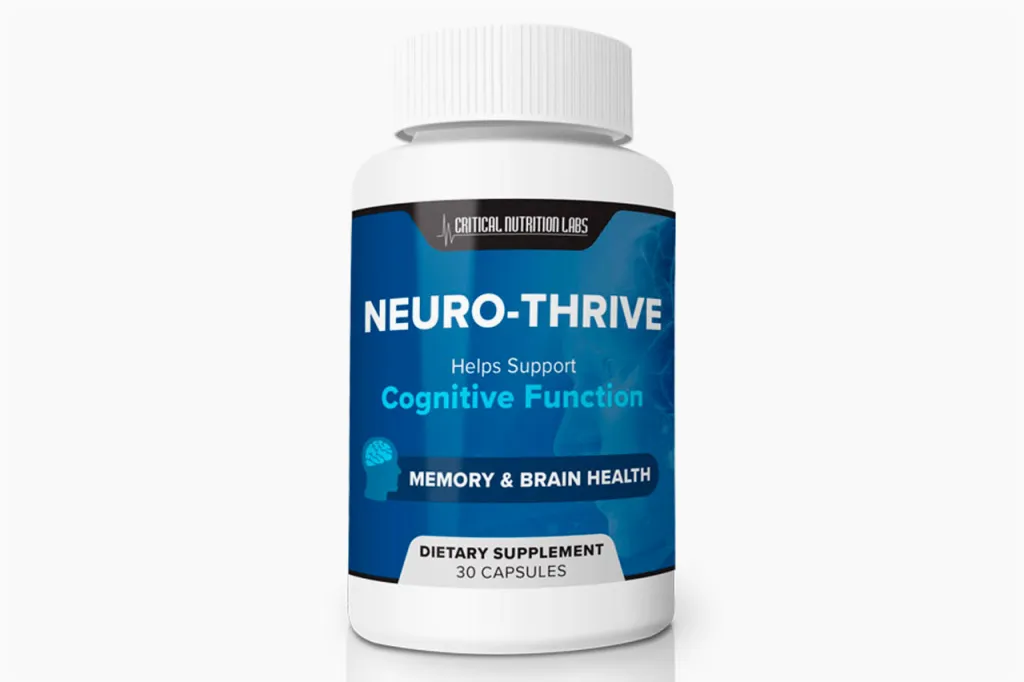The benefits of adopting a low-carb diet are numerous; from weight loss to improved blood sugar control, reduced hunger and even cholesterol improvements in the process.
However, many persons struggle with making it a permanent lifestyle fix, owing largely to a failure to find suitable foods that are palatable and which qualify as being low-carb.
If you’ve ever found yourself in this fix, chances are it’s because you’ve overlooked some very simple choices, but ones that could make the difference between reaping the benefits are calling it a day.
Try these impressive and tasty low-carb foods starting today and avoid falling off the diet:
1. Tomatoes
Starting off the list is a sleeper vegetable (though more correctly classified as a fruit), often times reserved for that veggie salad that you may or may not have. Tomatoes are tasty, and extremely nutrition-rich, containing generous amounts of potassium and vitamin C, along with the super antioxidant lycopene, important to the eyes and maintaining prostate health in men.
100g of tomatoes supplies approximately 4 g of carbohydrates, making it an excellent option to high carb fruits as snacks.
2. Cucumbers
Consisting mainly of water, cucumbers have a mild flavor that is tolerable to the vast majority of people who consume it. They also contain a small amount of potassium and vitamin K, explaining why cucumbers are believed to have a mild diuretic effect.
Sliced cucumbers go nicely with tomatoes, as each cup contains just 4 g of carbohydrates.
3. Bell Peppers
If you want to boast that you love peppers without actually eating hot peppers, bell peppers are here to rescue you. Bell peppers are rich in vitamin C, fiber and vitamin A along with its related carotenoid antioxidant compounds, packing a generous nutritional punch.
100g of bell peppers supply just 4 g of carbohydrates, helping to round out a low carb salad with some outstanding taste.
4. Mushrooms
While mushrooms are really not plants, many people tend to group them as vegetables. Regardless, they taste amazing, helping give fantastic taste to some rather ordinary dishes. Many varieties are rich in B vitamins, as well as potassium, but not carbohydrates.
100g of mushrooms contain just about 3g of carbohydrates, helping spruce up meals without the need for sugary additives.
5. Avocados
The ever healthy avocado can be found included on virtually every list we have created that contains the word healthy, because in a nutshell that is the best descriptor for this fruit.
Containing a decent amount of fiber, but also potassium and a high amount of monounsaturated fat, avocados are excellent for consumption on low-carb diets.
Even though 100g of avocados net you about 8.5g of carbohydrates “theoretically”, a large amount of this should still not be considered as it is mainly fiber that does not cause the physiological effects of a typical carbohydrate.
6. Olives
Olives are another rare high-fat fruit, also abundant in vitamin E, copper and iron. They also possess highly beneficial monounsaturated fats, useful for improving testosterone levels and promoting heart health.
Though olives are said to possess a taste that is bitter – and thus, not something everyone would appreciate, they are also extremely low in carbohydrates, supplying just 6g per 100g serving.
7. Strawberries
Strawberries are actually low in carbohydrates, contrary to what most people believe. This makes them excellent for consuming when you want a fruit with a sweet tangy taste that is also a rich source of many nutrients such as vitamin C, manganese, and other related antioxidant compounds.
Per 100g serving size, you will find 8g of carbohydrates, making them attractive options for complementing meals.
8. Cheddar Cheese
Many people restrict cheese on a low-carb diet thinking that it contains a high amount of carbohydrates when this is simply not true.
Rather, cheese is extremely low in lactose, but still rich in protein and other nutrients that make it as healthy as a glass of milk.
100g of cheddar cheese contains just 1.5g of carbohydrates, which is why string cheese is often consumed as a snack in between mealtimes when looking for high protein, lower carb snacks.
9. Yogurt
Full fat yogurt often shares the same fate as cheese, being inadvertently restricted during low-carb dieting. However, given that you consume natural full-fat yogurt and not packaged types with added fruit and sugar, there is no reason to do so.
Natural yogurt is also a better source of probiotic bacteria, as packaged types may be pasteurized which end up killing a large proportion of the natural culture.
100g of yogurt contains approximately 4 g of carbohydrates, and 12 g of protein, helping to support muscle growth in between meals.
10. Walnuts
Walnuts are the only member of the nut family that we would be including here, based on the fact that they contain the lowest amount of carbohydrates per serving.
Walnuts are also rich sources of omega-3 fats, in addition to selenium and vitamin E, which support normal enzymatic reactions and can prevent oxidation of cholesterol.
100g of walnuts contain approximately 14 g of carbohydrates, while many other nuts contain well over 20g per serving of a similar size.
11. Dark Chocolate
A quick glance at dark chocolate’s inclusion in this list might give you a heart attack – a 1-ounce serving contains a whopping 13 g of carbs, so why is it here?
To start off, approximately 25% of the carbohydrates that you find in dark chocolate is fiber, immediately cutting down the number of carbs to about 10g. Added to that is the fact that dark chocolate which comprises of more than 70% cocoa flavonols is a real health food, lending itself to a reduction in cardiac risk, along with neuroprotection and blood pressure regulation.
Epicatechin, the key bioactive flavonoid found in dark chocolate is also a natural cortisol reducer, helping to offset other adverse effects that the hormone can have on your body.
Moderation is key here – do not consume more than a 1-ounce piece as a serving. Consuming more than this will lead to a huge caloric load, and likely offset all the benefits you would see from consuming a small piece.
12. Seitan
Going low-carb as a vegan is much harder than for the average person since the elimination of animal products (usually high in protein and fats) causes one to develop an overreliance on higher carb foods.
Seitan can help you achieve both, even though it originates from wheat flour, as it is what remains from the gluten protein.
It is higher in sodium, so you need to be careful about adding too much additional salt to meals that include this ingredient, but from a 2.5-ounce serving, you will net only 4 g of carbohydrates, while getting 17 g of protein.
13. Pumpkin Seeds
Pumpkin seeds are rich in omega-3 fats, along with protein, fiber, and micro-minerals such as zinc and selenium.
While Chia seeds are opted over pumpkinseeds nine times out of ten, pumpkin seeds are the winner here owing to the fact that they net fewer carbs. A 1 ounce serving of roasted pumpkin seeds contains just 4 g of carbs while supplying 8 g of proteins and 14 g of fat.
Conclusion
There is an endless number of other healthy low-carb foods, such as all the meats, eggs and vegetables. We did not include those in this list as we strive to bring you something new that you may not have expected when looking for delicious options.
Experiment with the different flavor combinations and let us know what you find!

